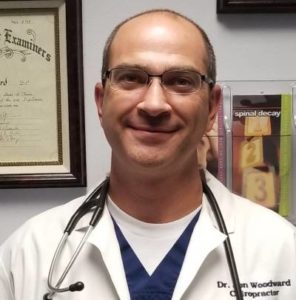
Shoulder pain is a REALLY common problem in North Dallas. There are many causes of shoulder pain. Understanding what is causing your pain is helpful in finding shoulder pain relief.
Sources of Shoulder Pain
The most common source of shoulder pain arises from the muscle tendons and the bursa. Bursas are fluid-like sacs that cushion and protect the sliding tendons from damaging each other. The rotator cuff contains a group of four muscles and their connecting tendons. Typically, when the tendons tear, the bursa swells, and pinching or “impingement” occurs. When this happens, it’s very painful to raise the arm up from the side.
Tears within the muscles and tendons are called “strains” and can vary in the degree of damage from mild to complete rupture. Overexertion, overuse, sports injuries, dislocation, fracture, frozen shoulder, joint instability, and pinched nerves can all give rise to shoulder pain.
Diagnosing Shoulder Pain
The diagnosis of what’s actually causing shoulder pain is by understanding how the injury happens. Range of motion and provocative tests are done to see which positions bother the shoulder the most. A doctor may use X-rays to assess for fracture or dislocation. MRIs look for tears in the tendons, the cartilage around the shoulder (labrum), or swelling in the bursa.
Contributing Factors
People with jobs or hobbies that require heavy lifting or repetitive pounding are at higher risk for shoulder injuries. Tobacco use, diabetes, and thyroid issues are also risk factors for shoulder pain. Because the shoulder joint is normally not very stable, MANY people tear their rotator cuff or injure their shoulder during their lifetime. One study found that 17% of participants had full-thickness rotator cuff tears (as opposed to partial tears). The researchers reported that age was an important determinant, as the incidence of full tears was only 6% in those less than 60 years old vs. 30% in those over 60! So obviously, this IS NOT an injury limit to the younger active person!
Treatments
Outside of a medical emergency, patients should always try non-surgical treatment options first. After surgery the shoulder joint will never be the same. What do chiropractors do for shoulder pain? Chiropractors specialize in conservative care including exercise and manual therapy which are supported by research as the most effective treatments for non-surgical shoulder treatments. The most important message is BE PATIENT as shoulder injuries usually take time to manage, often up to a year.


